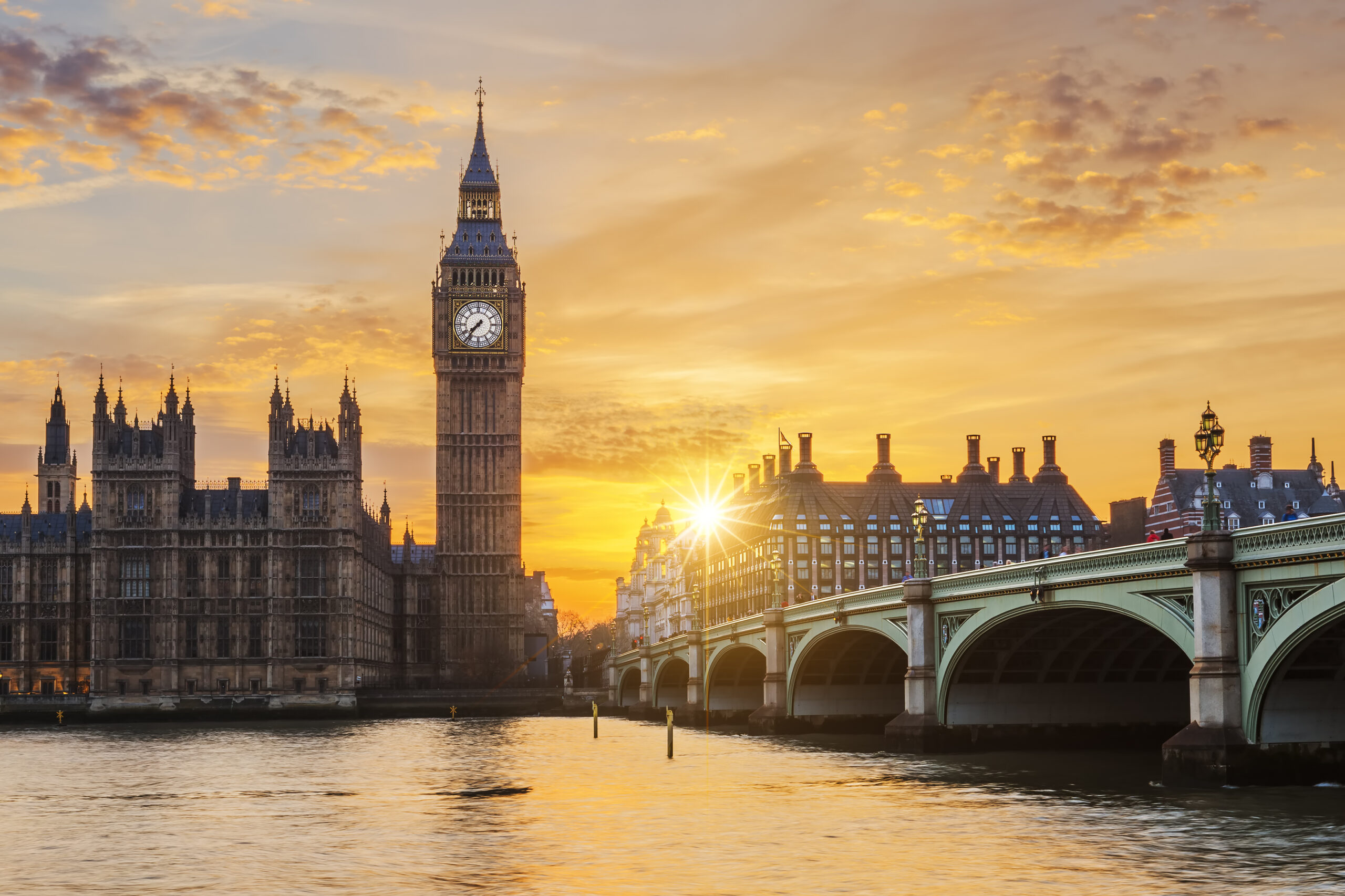The United Kingdom is grappling with a sweltering heatwave as temperatures surge past 34°C across multiple regions, prompting the UK Health Security Agency (UKHSA) to issue a second amber heat health alert in just two weeks. Effective from midday Friday, June 27, to 6 p.m. Tuesday, July 1, 2025, the advisory spans London, the East Midlands, the South East, South West, and East of England—regions forecast to endure some of the hottest conditions in recent history.
As the country contends with intensified climate events, the ripple effects are being felt across air travel, healthcare services, and environmental safety, highlighting the urgent need for immediate preparedness and long-term resilience.
Record Heat Forecasts Across Southern and Eastern England
The Met Office has released regional forecasts indicating severe and sustained high temperatures:
- London is expected to reach 34°C on Monday, remaining at 33°C through Tuesday, making it the epicenter of the heatwave.
- East Midlands will climb to 34°C by Monday, with a minor drop to 29°C on Tuesday.
- South East England will peak at 33°C on Monday, staying at a sweltering 32°C on Tuesday.
- South West England will range from 28°C on Friday to 32°C on Monday, with continued heat through the start of July.
- East of England will mirror London’s conditions, with highs nearing 34°C, especially on Monday.
These temperatures, compounded by elevated humidity levels, significantly raise the risk of heat-related illnesses, especially for vulnerable populations.
Public Health Advisory: Prioritizing Safety for At-Risk Groups
The UKHSA has stressed the elevated danger for older adults, infants, and individuals with pre-existing medical conditions, such as cardiovascular and respiratory illnesses. Prolonged exposure to heat can result in dehydration, heatstroke, and exhaustion—conditions that can become life-threatening if not properly managed.
Authorities are urging residents to:
- Stay hydrated and avoid alcohol or caffeine.
- Remain in cool or air-conditioned environments.
- Avoid outdoor activities during peak heat hours (11 a.m. – 4 p.m.).
- Regularly check on elderly neighbors and vulnerable individuals.
To mitigate strain on emergency and health services, the government has distributed heat safety guidelines and is encouraging proactive care for at-risk groups.
Air Travel Disrupted: Delays, Cancellations, and Heat-Sensitive Operations
Airports across the UK are experiencing rising disruptions due to the extreme temperatures:
- London Heathrow, Gatwick, and Stansted have reported flight delays and cancellations as temperatures challenge aircraft cooling systems and affect runway conditions.
- Airlines are rerouting long-haul flights, especially those transiting through Middle Eastern hubs like Doha and Dubai, which are also facing record heat, exacerbating the problem.
- Passengers have reported delays exceeding four hours at Hamad International Airport and Dubai International Airport, as high temperatures limit aircraft performance and ground operations.
- Qatar Airways, Emirates, and British Airways have issued travel advisories and are rebooking impacted passengers where possible.
Additionally, airlines are incurring higher fuel consumption and extended crew hours due to rerouted flight paths—costs that are being passed on to passengers, particularly on long-haul routes. This may lead to a spike in ticket prices during the peak summer travel season.
Environmental Concerns: Elevated Wildfire Risk and Fire Services on Alert
The extreme heat and dry ground conditions are heightening the risk of wildfires across much of England. Fire departments have issued warnings urging the public to:
- Avoid open flames, barbecues, and discarding cigarettes in grassy areas.
- Report any signs of grass or forest fires immediately to emergency services.
- Follow local council restrictions on outdoor activities during high-risk periods.
The South East and East of England, in particular, face a high likelihood of grassfires. Emergency response teams are on standby, with fire-fighting resources strategically repositioned in high-risk zones.
Government and Local Responses to Heatwave Pressures
To reduce the strain on health and social systems, local councils and the NHS have implemented several short-term relief measures:
- Cooling centers are being set up in community buildings and public libraries across London and affected regions.
- Mobile medical teams are being dispatched to high-risk neighborhoods to assist elderly and housebound residents.
- Public transport providers are increasing safety checks and are prepared for potential delays caused by overheated infrastructure.
The government is also launching a nationwide public awareness campaign on heatwave preparedness, including guidance on symptoms of heatstroke, staying safe outdoors, and checking on vulnerable individuals.
A Stark Reminder of Climate Change’s Growing Impact
This intense and prolonged heatwave underscores the increasingly visible impacts of climate change on the UK’s infrastructure and daily life. The amber alert is part of a broader pattern of rising temperatures across Europe, with July 2025 already on track to be one of the hottest months on record.
Experts warn that more frequent and severe heatwaves will become the norm unless long-term climate adaptation strategies—such as improved urban planning, upgraded public health protocols, and sustainable air travel systems—are prioritized.
Conclusion
As the UK faces yet another record-breaking heatwave, the consequences for public health, environmental safety, and air travel are significant and widespread. From London’s sweltering streets to disrupted flight schedules across the Middle East, the cascading effects of high temperatures reflect a pressing need for resilient systems and community awareness.
Travelers are advised to check with their airlines, plan alternative routes, and prioritize their health as the amber heat alert continues through July 1. Meanwhile, authorities are working to provide relief and prevent further disruption—but the long-term solution lies in climate readiness, sustainable infrastructure, and global cooperation in the face of intensifying weather extremes.
For more travel news like this, keep reading Global Travel Wire



















